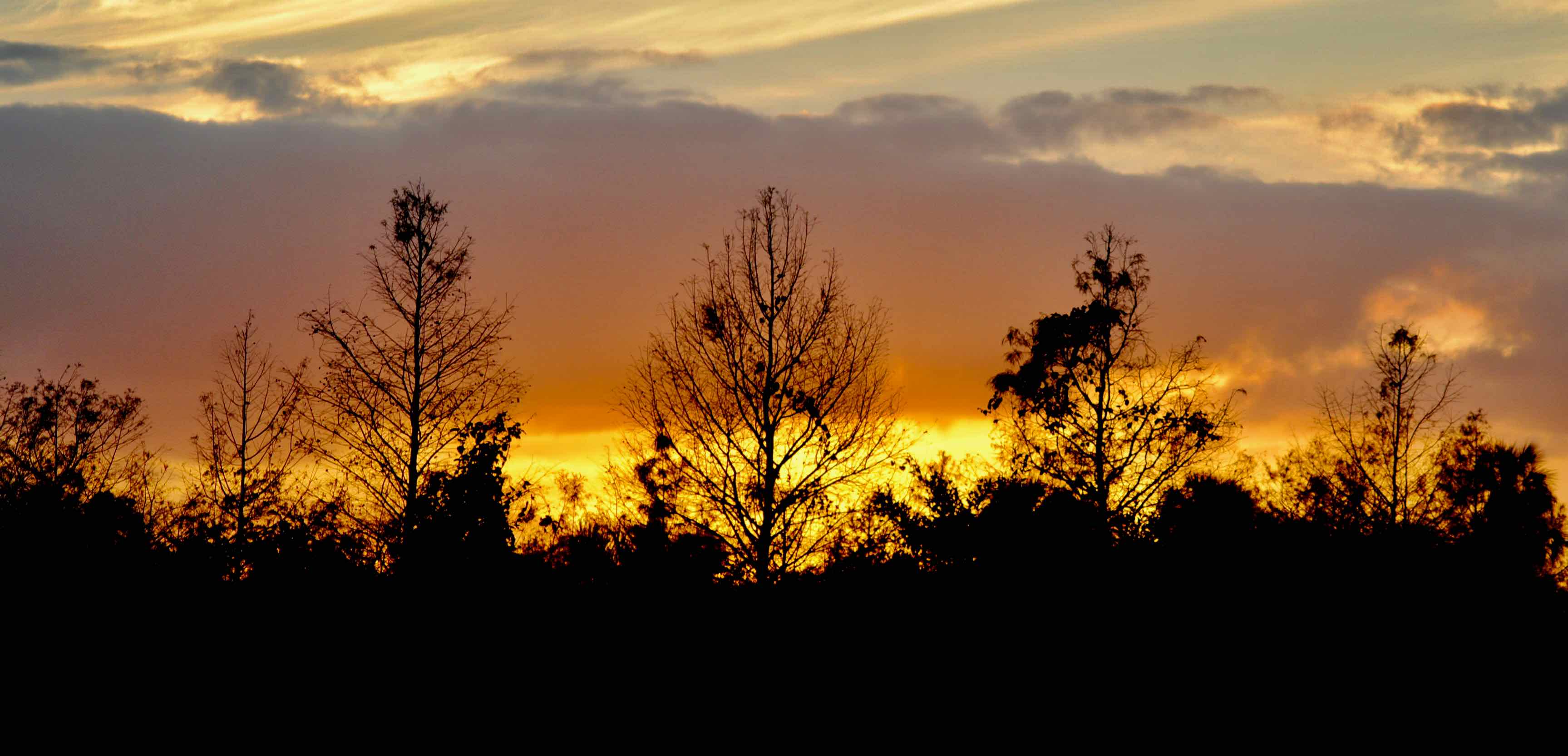
Editor's Note: Some items may be behind a pay wall.
Next target for environmentalist after Keystone XL: Line 3
The announcement this week from the Canadian company TC Energy that it was pulling the plug on the Keystone XL pipeline project was greeted with jubilation by Indigenous groups, farmers and ranchers, climate scientists and other activists who have spent the last decade fighting its construction.
The question now is whether it will be a one-off victory or a template for action going forward — as it must, if we’re serious about either climate change or human rights. The next big challenge looms in northern Minnesota, where the Biden administration must soon decide about the Line 3 pipeline being built by the Canadian energy company Enbridge Inc. to replace and expand an aging pipeline.
— The New York Times
Plug pulled on Keystone XL pipeline project
BILLINGS, Mont. — The sponsor of the Keystone XL crude oil pipeline said Wednesday it is pulling the plug on the contentious project after Canadian officials failed to persuade President Joe Biden to reverse his cancellation of its permit on the day he took office.
Calgary-based TC Energy said it would work with government agencies “to ensure a safe termination of and exit from” the partially built line, which was to transport crude from the oil sand fields of western Canada to Steele City, Neb.
Construction on the 1,200-mile pipeline began last year when former President Donald Trump revived the long-delayed project after it had stalled under the Obama administration.
It would have moved up to 830,000 barrels (35 million gallons) of crude daily, connecting in Nebraska to other pipelines that feed oil refineries on the U.S. Gulf Coast.
Mr. Biden canceled it in January over longstanding concerns that burning oil sands crude would make climate change worse.
Canadian Prime Minister Justin Trudeau objected to the move, but officials in Alberta, where the line originated, expressed disappointment in recent weeks that he didn’t lobby harder to reinstate the pipeline’s permit.
— The Associated Press via The Pittsburgh Post-Gazette
DeSantis, Fla. Cabinet to decide Everglades highway's fate
A 13-mile highway expansion over Everglades wetlands that an administrative law judge found violated Miami-Dade County’s comprehensive plan is back under review.
Staff for Gov. Ron DeSantis’ Cabinet will hold a meeting Wednesday to review the ruling ahead of a June 15 Cabinet session, when DeSantis and the three-member Cabinet are scheduled to vote on whether to uphold the judge’s decision or reject it.
While Cabinet aides may make recommendations on matters, an agenda for the upcoming vote so far includes background and a timeline, but no guidance.
The $650 million extension to the 836 was pitched as a solution to gridlock in heavily congested southwest Miami-Dade and heavily promoted on a campaign-style web site set up by the Miami-Dade Expressway Authority before the governor disbanded it.
— WLRN
Atmospheric CO2 hits record high despite pandemic
The amount of carbon dioxide piling up in Earth’s atmosphere set a record last month, once again reaching the highest levels in human history despite a temporary dip in the burning of fossil fuels worldwide caused by the coronavirus pandemic, scientists said Monday.Scientific instruments atop the Mauna Loa volcano in Hawaii showed that levels of carbon dioxide in the air averaged 419 parts per million in May, the annual peak, according to two separate analyses from the Scripps Institution of Oceanography and the National Oceanic and Atmospheric Administration.
Those readings are about half a percent higher than the previous high of 417 parts per million, set in May 2020. Carbon dioxide is the most important greenhouse gas driving global warming and researchers have estimated that there hasn’t been this much of it in the atmosphere for millions of years.
The stark new milestone comes as leaders from the Group of 7 nations prepare to meet in Cornwall, England, this week to discuss how they might step up efforts to tackle climate change. The data provides yet another warning that countries are still very far from getting their planet-warming greenhouse gases under control.
— The New York Times
California has plan to save nearly extinct western monarch butterfly
In one of the biggest mobilizations of resources and talent ever organized to save an insect, the state of California is teaming with conservation groups, biologists and scores of citizen scientists to rescue the western monarch butterfly from the brink of extinction.To do this, they are placing their hopes on an unassuming, poisonous plant called milkweed.
Monarch butterflies, known for their distinctive orange and black pattern, once flocked to California in the millions, spending the winter clumped on trees as they migrated to and from the state’s central coast.
But the population has sharply declined from 4.5 million in the 1980s, dropping to nearly 200,000 in recent decades before taking a precipitous dive in 2018. That year, the population fell to nearly 30,000, and when volunteers counted again in November, it had dropped to fewer than 2,000 – representing a 99% collapse in the last three decades.
“It was really grim,” says Angela Laws, an endangered species conservation biologist with the Xerces Society, which conducts the November population counts using an army of volunteer naturalists.
— The Guardian
